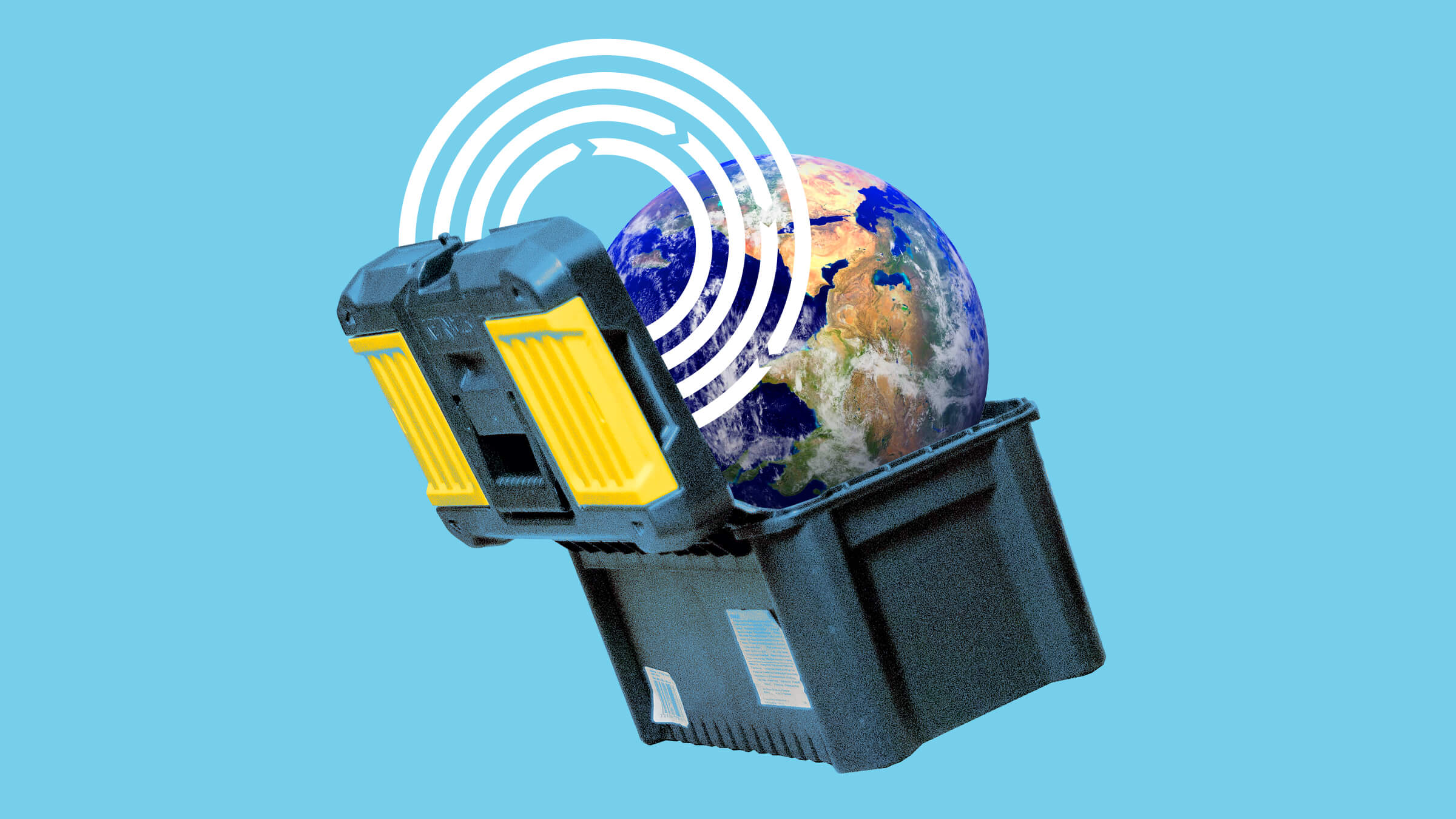The Earth’s climate is warming at a catastrophic speed. The message of a synthesis report published by the United Nations Framework Convention on Climate Change (UNFCCC) in 2022 is clear: the Nationally Determined Contributions (NDCs) set by countries are not sufficient to prevent climate heating. If current targets are achieved, the climate is predicted to warm by the end of the century by 2.1 to 2.9 degrees Celsius compared to pre-industrial times. Higher latitudes will warm even more than the Earth on average.
This is why countries must significantly increase the level of ambition for national contributions, and the circular economy is so far a widely untapped tool for this purpose.
Today, actions promoting the transition to a circular economy are considered as separate measures, even though they play a significant role in mitigating climate change. And although the unsustainable use of resources has been identified as a key driver of Earth’s ecological sustainability crisis, only 27 per cent of countries’ NDCs explicitly mention circular economy actions as part of the solutions.
Governments need practical examples and support for adopting circular economy measures. To this end, United Nations Environment Programme (UNEP), United Nations Development Programme (UNDP), and United Nations Framework Convention on Climate Change (UNFCCC) have collaborated to compile a digital toolbox and user guide called Building Circularity into Nationally Determined Contributions. With these tools, public sector entities, such as ministries, can more effectively identify and use circular economy solutions to achieve their emission reduction targets. Circular solutions can fight the ecological sustainability crisis while creating new jobs and economic growth.
The digital toolbox and user guide were launched on 10 October 2023 at the Middle East and North Africa Climate Week.
Finland’s circular economy work has inspired many
Finland published the world’s first circular economy road map in 2016. This globally pioneering work, led by Sitra and prepared in broad collaboration with various stakeholders, has already inspired other countries to create their own road maps for transitioning to a circular economy.
While considering how to help countries be more ambitious in their emission reduction plans, UN organisations wanted to provide easily accessible practical tools and examples that illustrate what can be achieved through the circular economy. One such tool is to show how to build a national circular economy road map.
The toolbox and user guide were implemented with the support of Sitra and the Dutch Ministry of Infrastructure and Water Management. This work is well-aligned with the goals of the “special edition” of the World Circular Economy Forum, WCEF+Climate in 2021: to identify and harness the potential of circularity in achieving our climate goals.
In addition to financial support, Sitra provided expert assistance to UN organisations by presenting the updated Finnish circular economy road map, the guide How to create a circular economy road map based on the learnings of the process, as well as the national follow-up actions in Finland.
With the circular economy toolbox, countries around the world can benefit from the work done by Sitra and numerous other leading organisations promoting circularity across the world.
